Spotlight on the Wadsworth Institutional Grant Program
André Luís Santos de Souza
Ethnographizing Deafness: Socio anthropological aspects of relationships between “the deaf” and “the hearing” in language, corporality, and sexuality
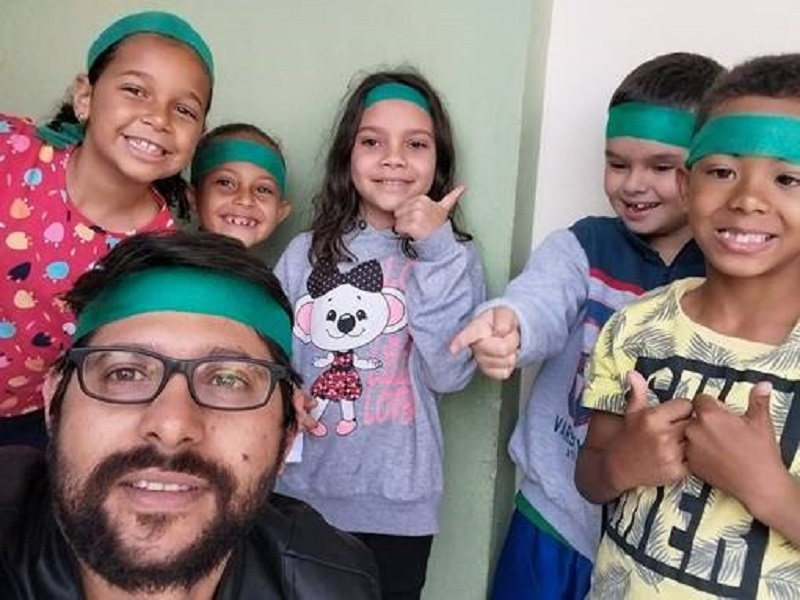
My doctoral research problem uses a methodological approach that focuses on the relationships between “deaf people” and “hearing people” to assess whether Brazilian sign language is employed (or not) in the context of embodied experiences in family, school, and public spaces in urban contexts. Based on ethnographic data from research that began in 2012 with fieldwork in a micro-region located in the Zona da Mata, I seek to deepen my investigations into the field of deafness by engaging interlocutors belonging to a social network with which I have maintained a long-term relationship. This project’s specific goal is to collect evidence to analyze social relations and the impact and role of language around corporeality and deaf sexuality, highlighting moral codes, understandings of gender, social roles, flirting, dating, marriage, and childbirth. To this end, ethnographic research will be carried out with deaf and hearing interlocutors in domestic and school spaces. I will also undertake semi-structured biographical interviews and complete a bibliographical survey and investigation in the collection of the library of the National Institute for Deaf Education (RJ).
Keywords: Libras; Embodiment; Sexuality; “Deaf”; Field of Deafness.
Caio César de Azevedo Barros
The digital dimensions of economic lives: Financial flows between households and families in a neighborhood of the West Zone of Rio de Janeiro
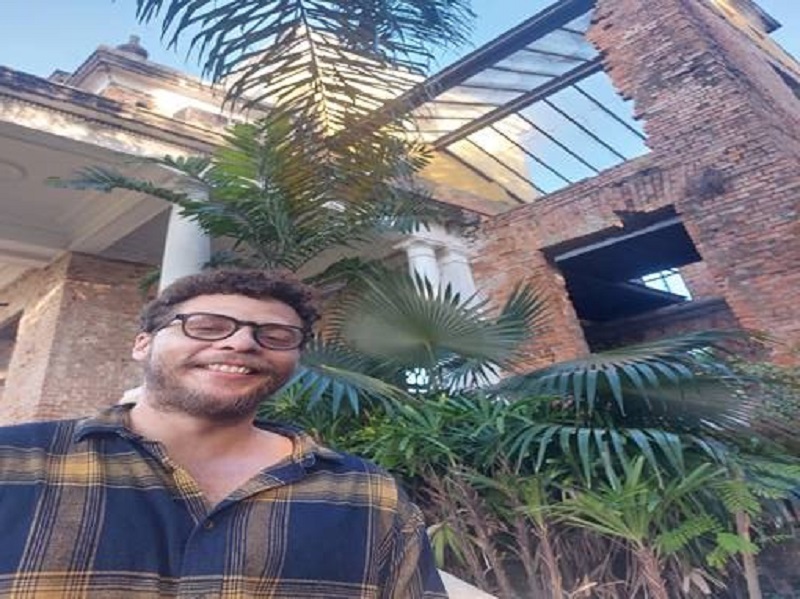
The ethnographic research proposed in this project will be carried out in the neighborhood of Realengo in the West Zone of Rio de Janeiro over a 12 month period. It aims to examine the financial flows and economic lives of people and families, paying special attention to the digital dimension of people’s lives and its connections with the dynamics of household economies. Beginning with financial diaries I will co-create with my interlocutors, I intend to trace the flow of money and other objects (such as credit cards, laptops, tablets, and smartphones), as well as services run mainly by men (such as bars, workshops, cell phone repair shops, beer warehouses, Internet cafes and barbershops), exchanges between households, people, families, and businesses. I’m also interested in assessing how the COVID-19 pandemic led families to increase their use of digital applications to generate and manage their money. I intend to map the flows and ways of managing money to identify how the economy of businesses and households are interconnected. I am also interested in investigating how digital banking products and devices used in the composition of quotidian household economies — such as Pix, Caixa Tem, and Pic Pay, among others — circulate and are employed. Auxílio Brasil and Auxílio Emergencial, for example, only allow benefit withdrawals via applications, accelerating digital banking. I ask what is the relationship between people and applications? How are their digital financial lives organized? How is consumer behavior influenced through Instagram, Facebook, Tik Tok, and WhatsApp advertisements? How do these applications compromise or increase families’ incomes? Did the COVID-19 pandemic push Brazilians to look for other sources of income via social networking apps (TikTok, for example) or so-called online gambling? How are these new sources of income linked to other sources in domestic economies?
Keywords: Services for the Un- and Underbanked; Crisis; Digitalization in Finance; Economic Lives; Oikography.
Carlos Eugenio Reyes Gálvez
The palaneros of Chacupe hacienda: territory, labor, and new modes of existence in an Afro-Peruvian community
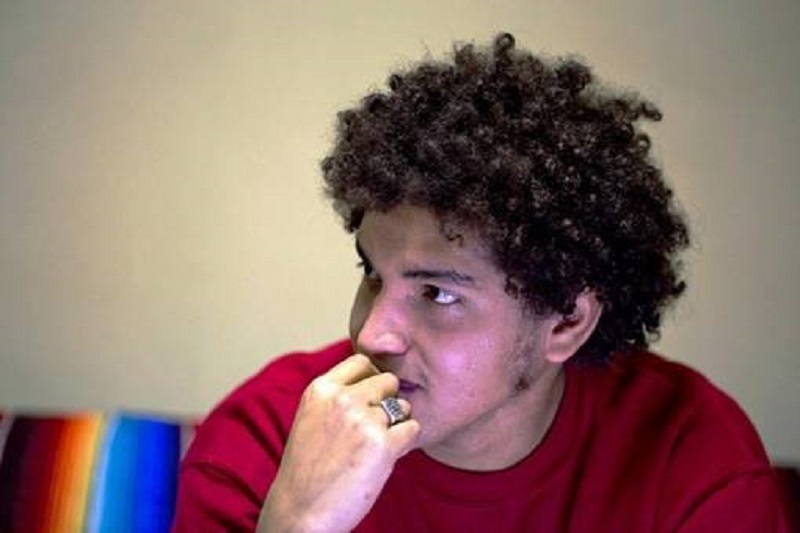
My research is focused on the coast of Peru in a territory known as an epicenter of sugar cane and rice production for domestic and international markets. Traditionally organized around monocultural production in large tracts of land administered through a colonial institution known as the “Hacienda”, these crops have provided a longtime source of wealth and income for the region. It is in this context that I focus on the Afro-Peruvian community of Capote, a community that still shows the impacts of the Hacienda system today in terms of its spatial segregation, racial inequalities, and its continuous production of bodies – all ruins of an ecobiopolitics that reproduces and segregates the Plantationcene. My research aims to understand Capote through the testimony of rural workers (known locally as palaneros) who served as peons for the hacienda until the first decades of the twentieth century. I seek to explore how different agents are revealed in the inscriptions of the “plantation machine”, in fragments and ruins “recovered” by the descendants of the enslaved who now live among the remains of the colonial structures. Assuming that these agents should be visible in the paths traveled by humans and non-humans, I seek evidence of other presences and other ways of interrogating ontologies of the Plantationcene.
Keywords: Afro-Peruvian, rural, Plantation, memory, territory
Caroline de Oliveira Mendonça
Rehashing the Nation: The discourses and politics of integration in Rwanda’s domestic initiatives
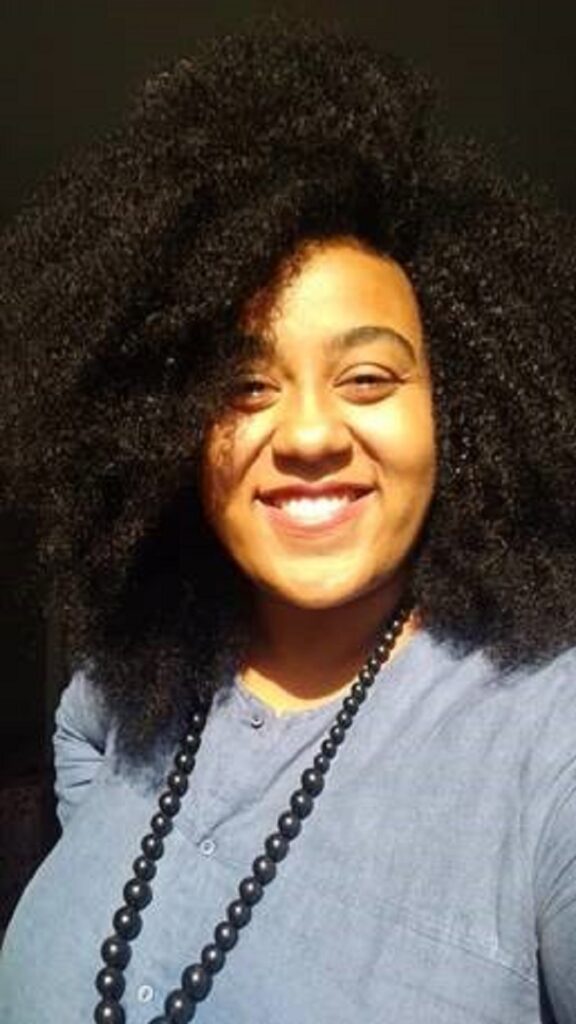
This project focuses on the ways in which so-called de-ethnicizing policies are being thought about and experienced in contemporary Rwanda. The aim is to understand these policies and their role in the effort towards creating a Rwandanicity — that is, a national identity. The research will focus on Home Initiatives: a set of practices that are considered to be traditional. I argue that the Umugarana (an annual harvest festival) is central to understanding how history is mobilized in the “de-ethnization” of Rwandan society.
Keywords: Rwanda, Ethnicity, Divisionism, Nation, Umuganura
Gabrielle Cardoso Meneses
Ritual among the Rikbaktsa of the Southwest Amazon
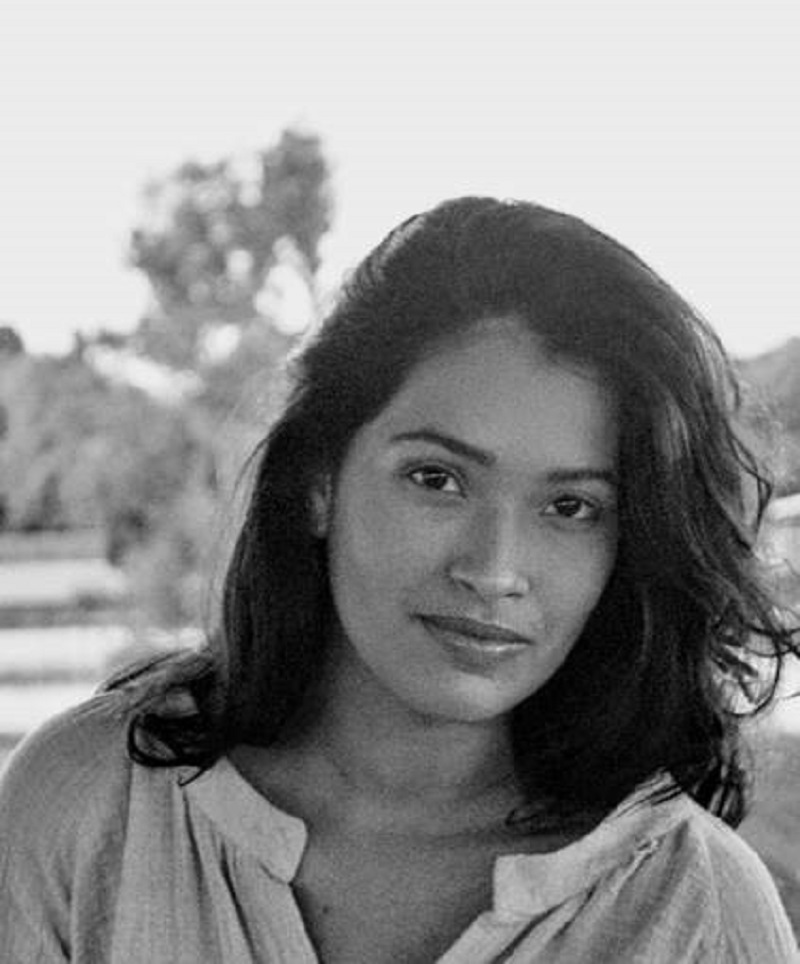
At a time when the place of indigenous artifacts in European museums is being reevaluated and calls to create a more equitable form of cataloging and dialogue with populations that were colonized are intensifying, understanding how these populations reflect upon and maintain agency over their history is necessary. This project aims to understand how a population located in the southwest Amazon reflects on historical and social transformations they have undergone through their rituals. I intend to analyze the ritual cycle of the Rikbaktsa – an Amazonian people who speak a language of the Macro-Jê family. I seek to describe this people’s ritual cycles and the way in which they create themes in their contemporary ceremonies to represent wars of the past. Since objects play a central role in Rikbaktsa rituals and are also key to understanding the relationship between the Rikbaktsa people and their neighbors, my research aims to contribute more generally to an understanding of the place of objects in indigenous rituals and cosmologies.
Keywords: ritual, transformation, ritual artifacts, history, war.
Kauã de Vasconcelos Favilla da Silva
The enchantments of the Ilha de Marajó and its topology

This project aims to expand upon fieldwork I have been carrying out in the municipality of Soure, on the Island of Marajó since 2016. In this investigation I seek to explore concepts that Marajoara people — more specifically their shamans and healers – formulate about places of encante: dwellings of the enchanted. The Marajoara notion of Marajó as an enchanted island has been explored by several authors who emphasize its significance for thinking about the phenomenon of encantaria in general. I argue that Marajoara territory and its landscape (its “world-time”) can shed light on experiences that manifest themselves in other less obvious ways than in Marajó. For this reason I have chosen the question of territory and the presence of the “enchanted ones” as the focus of this research.
Keywords: Amazonian Encantaria, Island of Marajó, Anthropology of African American Religions, Afro indigenous Relations
Marina de Barros Fonseca
Challenging the frontier and taking back what is ours: Regarding processes of retaking land among the Akroá-Gamella of Taquaritiua
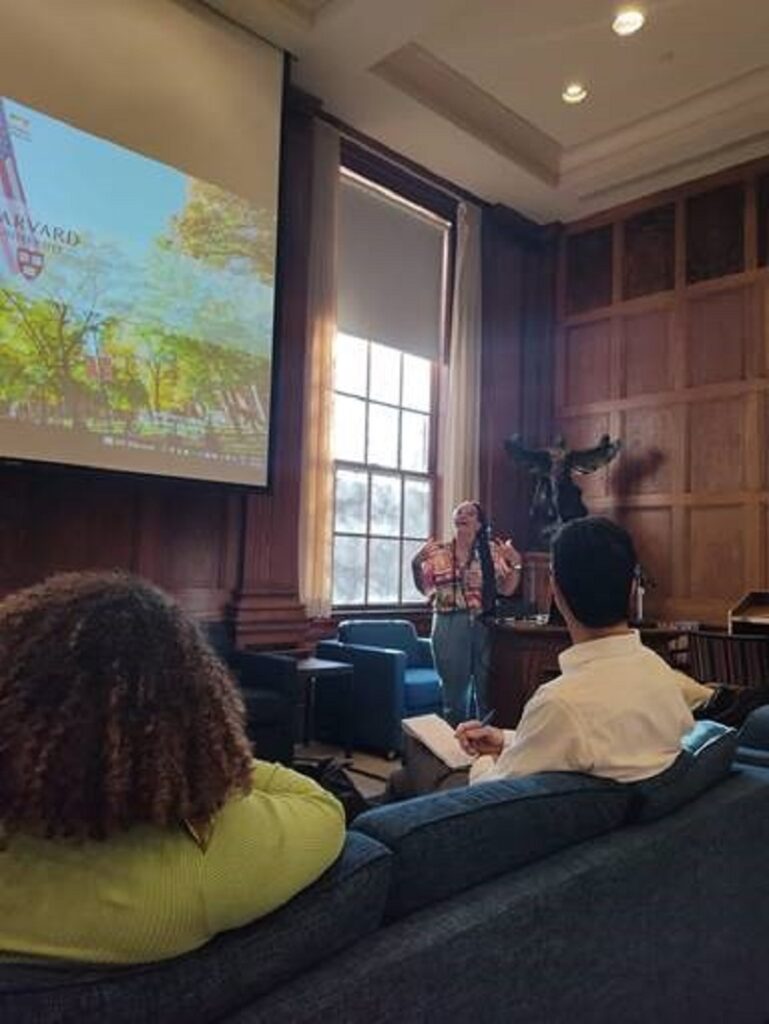
With the expansion of agribusinesses into communities practicing traditional forms of land occupation, forms of resistance of the peoples living on these lands have been strengthened and transformed over time. This project seeks to analyze land reclamation processes practiced by the Akroá-Gamella people of the Taquaritiua Indigenous Territory as a means to repress territorial conflicts with agribusiness representatives. My research focuses on the process of creating territorial and political autonomy as strategies to challenge the encroachment of new forms of colonialism.
Keywords: Land retaking; Akroá-Gamella, Territory.
Tiago Sá Leitão dos Santos
Music and the transmission of knowledge in Afro-Brazilian religions

The aim of this project is to understand the influence of music in the transmission of knowledge in Afro-Brazilian religions. I focus on the Terreiro de Mãe Amara located in the city of Recife. I will pursue three lines of research: a bibliographic overview of the anthropological literature on Afro-Brazilian religions; an analysis of the collection of the 1938 Folk Research Mission coordinated by Mário de Andrade; and fieldwork carried out in Recife between January and April of 2023. This fieldwork builds on the ethnography I began in 2014 to study practices of transmitting music knowledge in this same terreiro.
Keywords: Knowledge transmission; ritual and music; Afro-Brazilian religions.